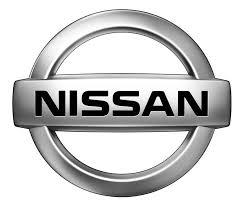Sentra XE L4-1.8L (QG18DE) (2000)
/Page-1917001.png)
Battery: Testing and Inspection
Checking Electrolyte Level
WARNING: Do not allow battery fluid to come in contact with skin, eyes, fabrics, or painted surfaces. After touching a battery, do not touch
or rub your eyes until you have thoroughly washed your hands. If acid contacts eyes, skin or clothing, immediately flush with water for 15
minutes and seek medical attention.
-
Remove the cell plug using a suitable tool.
-
Add distilled water up to the MAX level.
Sulphation
A battery will be completely discharged if it is left unattended for a long time and the specific gravity will become less than 1.100. This may result in
sulphation on the cell plates. To determine if a battery has been "sulphated", note its voltage and current when charging it. As shown in the figure, less
current and higher voltage are observed in the initial stage of charging sulphated batteries.
A sulphated battery may sometimes be brought back into service by means of a long, slow charge, 12 hours or more, followed by a battery capacity test.
